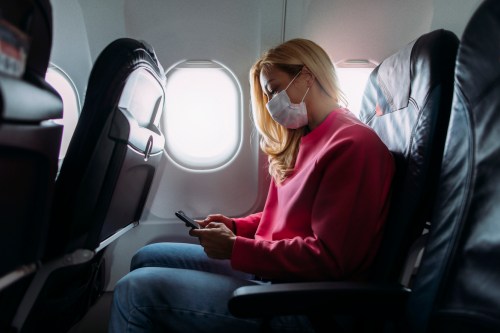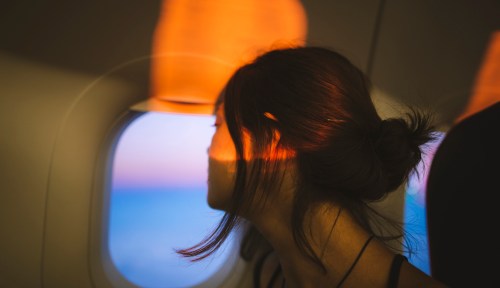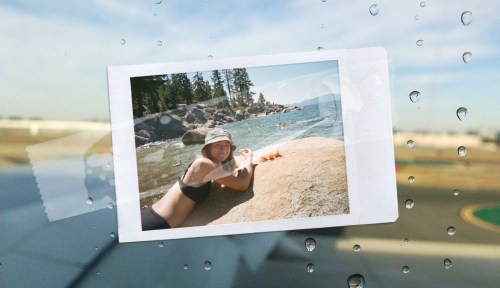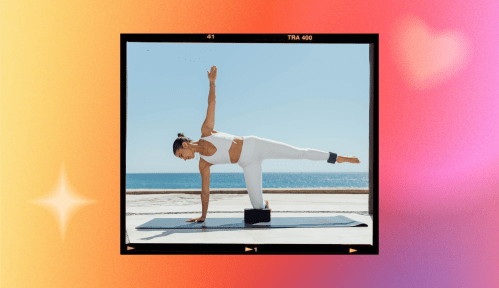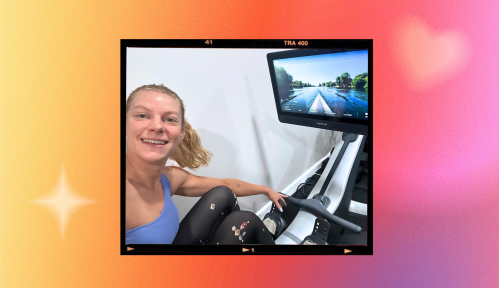On April 18, a federal judge struck down President Biden’s mask mandate for passengers on airplanes and other forms of travel, and a number of aircraft carriers immediately changed their mask guidelines in response. At time of publish, masks are optional on Delta Air Lines, American Airlines, United Airlines, Southwest Airlines, Alaska Airlines, and JetBlue. Given that this news comes alongside rising cases of the COVID-19 subvariant BA.2 in the U.S., it bears asking: What does this mean for the prospect of COVID-safe air travel? And, namely, is safe travel even a possibility?
Experts in This Article
Vivek Cherian, MD, is a Chicago-based internal medicine physician.
First, the good news: “Because of the significantly higher levels of immunity to COVID-19, both from vaccination and infection, as well as significantly lower case numbers, we’re in a much different place than we were a year ago,” pulmonary and critical care physician, Joseph Khabbaza, MD, said in an article for the Cleveland Clinic.
But, though we may well be in a safer position to travel than in earlier stages of the pandemic, any notion of being totally out of the woods is far from a reality, says internal medicine specialist Vivek Cherian, MD. “In my view, we shouldn’t lift mask mandates in this country until everyone who wants a vaccine has access and an opportunity to get one—including children under the age of five.”
With regards to not contracting COVID amid air travel, despite the lifted mask mandates, the standard advice for staying safe remains the same: wear a mask, use hand sanitizer, and social distance as much as possible.
The standard advice for staying safe remains the same: Wear a mask, use hand sanitizer, and social distance as much as possible.
And, as a reminder, you can absolutely still opt to wear a mask, regardless of mandates—and that’s precisely what the experts suggest you do. While one-way masking doesn’t grant the same degree of protection as two-way masking (i.e., the situation of just you wearing a mask versus you and those around you wearing masks), it is still definitely a better strategy to employ than wearing no mask at all. “The key is to use the best mask available, preferably one with an N95 respirator, as they offer a high degree of protection,” says Dr. Cherian. “Wearing a surgical mask is better than no mask, but is not nearly as effective as an N95 mask.”
Aside from wearing your mask, your best line of defense is to get vaccinated and boosted if you are able to do so. “Getting vaccinated and boosted remains the number one preventative measure against falling seriously ill from COVID-19,” says Jeff Andrews, MD, physician and vice president of medical affairs at BD Integrated Diagnostics Solutions, a health-tech company. Both mask-wearing and getting vaccinated are key for protecting yourself and stopping the spread that may seriously compromise the health of folks who are unable to get vaccinated or are otherwise immunocompromised.
Dr. Andrews adds that testing for COVID-19 ahead of travel and at your destination are smart guidelines to follow for safer travel. Negative test results will provide peace of mind, and positive results will lead travelers to isolate and seek treatment sooner than they may have otherwise, thus limiting the potential spread to others.
And, ultimately, it’s crucial to check in with yourself and your own risk tolerance before taking to the skies. Traveling during the pandemic (even before the lifted mask mandates) is not free of risk, so introspect and be prepared with safe-travel tools like masks in order to make the best choice for you.
Oh hi! You look like someone who loves free workouts, discounts for cutting-edge wellness brands, and exclusive Well+Good content. Sign up for Well+, our online community of wellness insiders, and unlock your rewards instantly.
Sign Up for Our Daily Newsletter
Get all the latest in wellness, trends, food, fitness, beauty, and more delivered right to your inbox.
Got it, you've been added to our email list.
